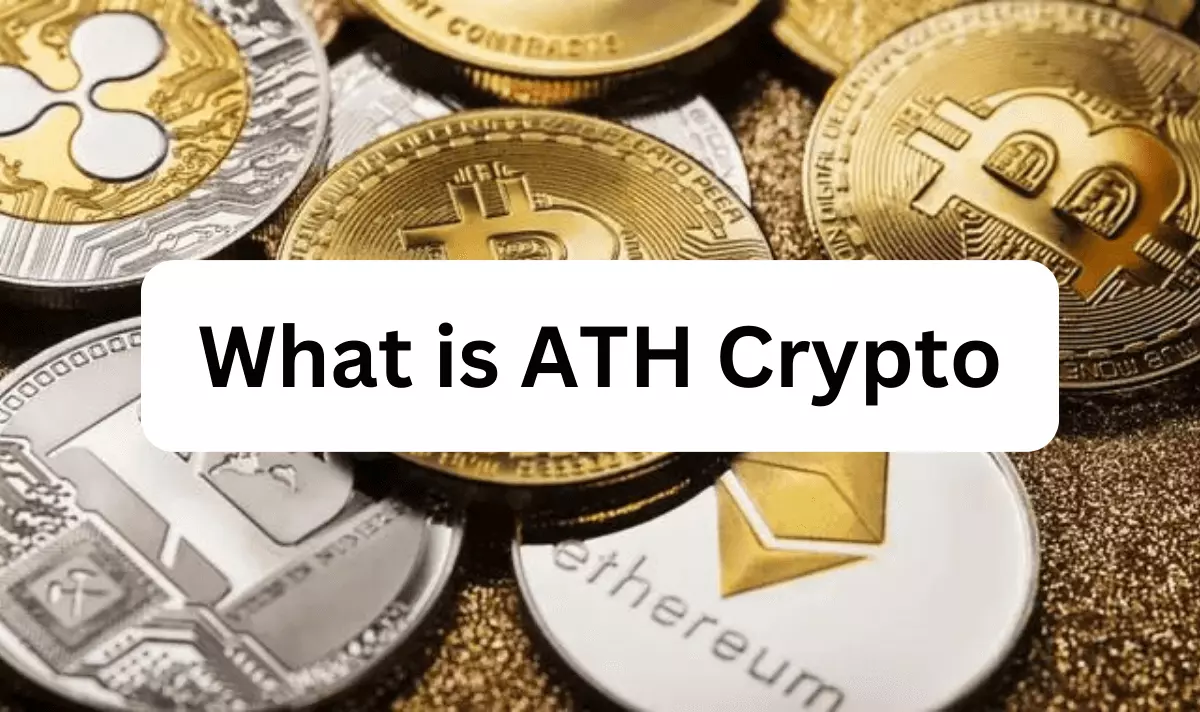As cryptocurrency gains acceptance in the sphere of commerce, governments around the world are scrambling to establish clear rules for its use in payments. With different countries taking varied stances, navigating regulations remains challenging for businesses entertaining crypto as a payment option. In this evolving regulatory environment, both merchants and consumers stand to benefit from a better understanding of the guidelines in place and considerations for compliance.

Content
Taxation of Crypto Payments
One area where many jurisdictions have provided clarity is the tax treatment of cryptocurrency sales and purchases. In the United States, for example, the Internal Revenue Service deems virtual currencies to be property rather than currency. This means crypto transactions are generally subject to capital gains tax. Merchants receiving crypto as payment would owe taxes on any profits realized through exchanges to fiat currency. Similarly, individuals purchasing goods and services with crypto may see tax implications based on their cost basis. Compliance with taxation rules prevents penalties and audits down the line.
Money Transmission Licensing
Some nations require firms frequently buying and selling cryptocurrencies or using them for payments to obtain a money transmission license. This type of permit subjects companies to anti-money laundering (AML) regulations including verifying customer identities and filing suspicious activity reports. In the US, state-level money transmitter licenses may be needed in addition to following Financial Crimes Enforcement Network (FinCEN) guidelines. Cryptopostage.info holds the necessary registrations to offer bitcoin postage and shipping labels fully legally within these parameters.
Consumer Protections
Rules guarding consumer rights when using cryptocurrency as payment remain patchy across jurisdictions. Issues like chargebacks, refunds, product guarantees have varying statutory support depending on the location of the merchant and customer. Communicating transparent policies upfront helps manage expectations on both sides of the transaction. Cryptocurrency transactions also lack inherent fraud and error reversals like chargebacks on credit cards, placing additional burden on merchants to ensure post-sale satisfaction.
Classifying Crypto as Currency or Property
Countries are split on defining cryptocurrencies as currency versus property for regulatory purposes, with important implications. In places labeling them as currency, crypto enjoys some advantages like exemption from capital gains tax but subjects businesses to additional banking-style oversight. Treating crypto as intangible property emphasizes taxation but allows more regulatory flexibility. This classification debate remains active with no consensus yet internationally.
Combating Illicit Activity
Governments aim to prevent crypto from enabling money laundering, terrorist financing and other financial crimes. Laws have increased scrutiny of services circumventing in-person customer checks. For now, cryptocurrency users tend to avoid anonymity-centric cryptocurrencies due to higher legal risks compared to more transparent blockchain ledgers.
In Summary
As virtual currencies become a more viable payment option, clear and consistent regulations supporting crypto adoption for commerce would benefit both businesses and consumers. Industry-specific guidance addressing issues like tax obligations, consumer rights, and AML controls can provide the legal predictability necessary for wider cryptocurrency acceptance. Platforms following regulatory requirements enable secure and compliant real-world use of digital assets, like Cryptopostage.info facilitating global bitcoin postage transactions responsibly. Over time, collaborative policy-setting across borders may further standardize the rules of this emerging financial landscape.

Jeremy is a crypto blog author who has been in the blockchain industry for 3 years. He loves to read and write about cryptocurrencies, blockchain technology, and cryptocurrency news. He is also an avid trader of various digital assets such as bitcoin and other altcoins on various exchanges including Binance, Bitfinex, Kraken, Kucoin etc.







